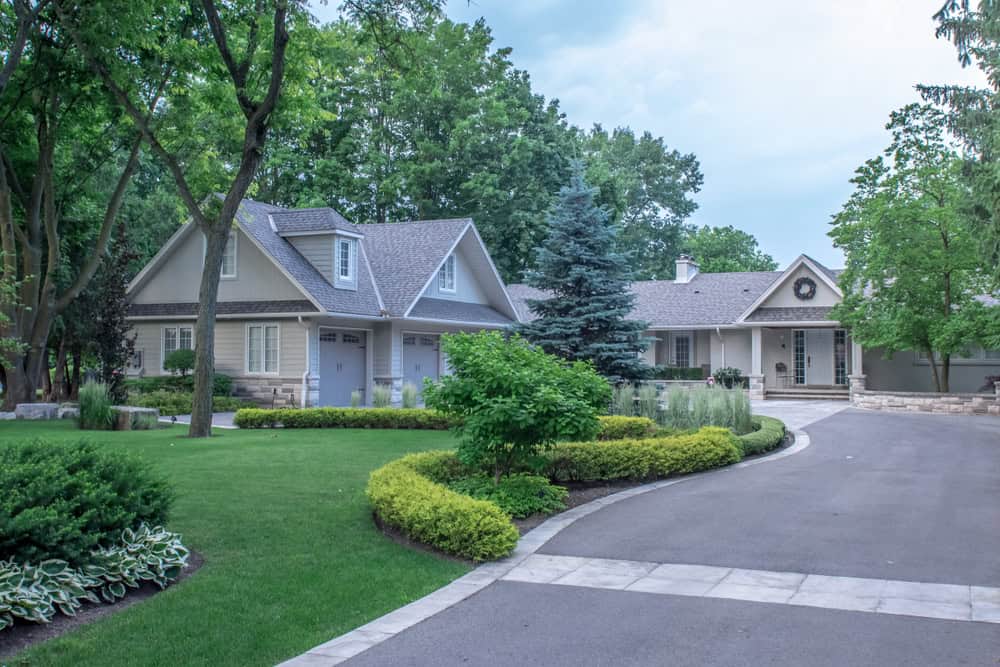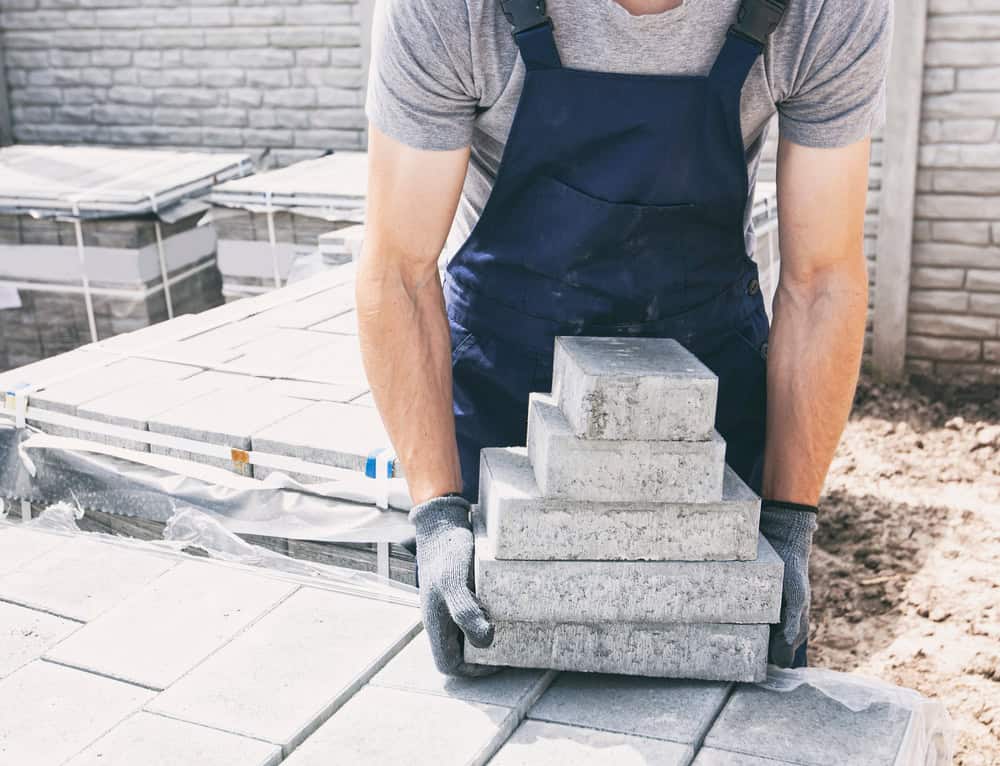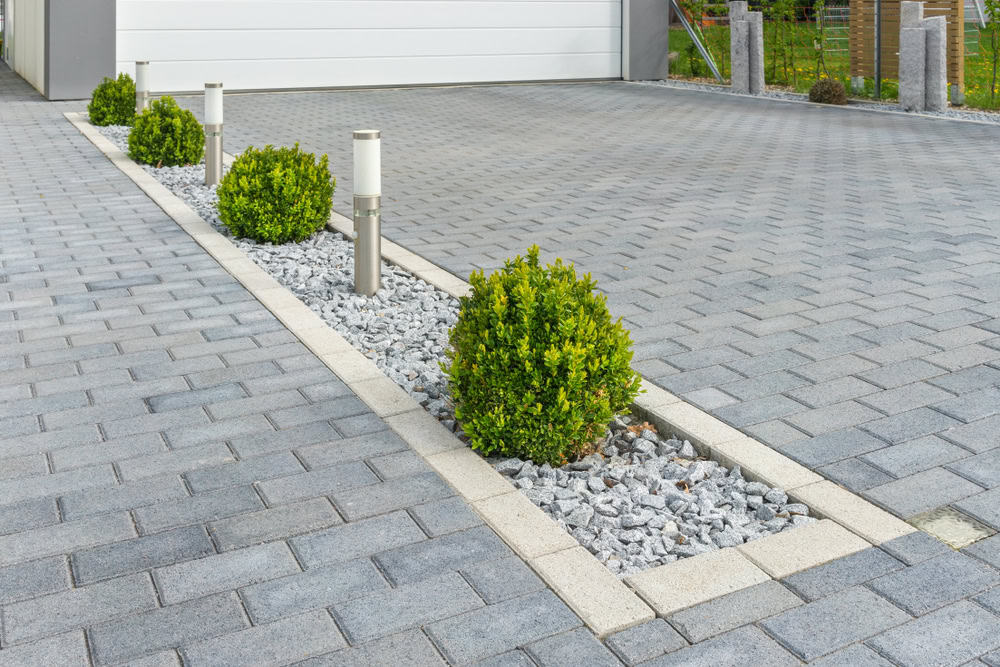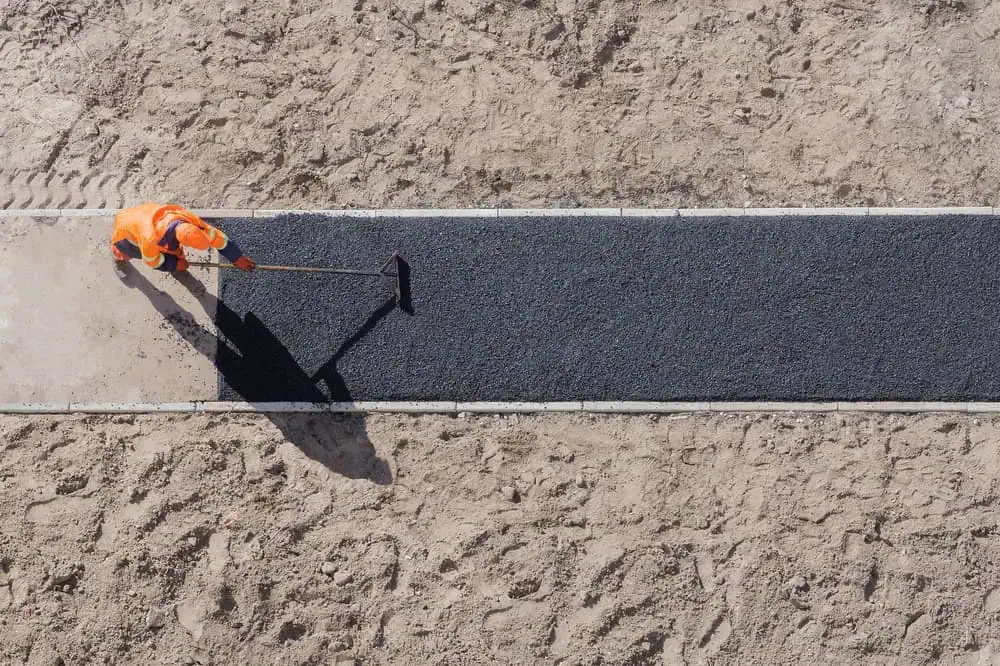Professional paver installation that handles New England weather and looks great for years.


Your outdoor space becomes the part of your home you actually want to use. No more avoiding that cracked concrete or dealing with puddles after every storm.
Properly installed pavers handle freeze-thaw cycles without cracking. They drain water where it should go instead of pooling around your foundation. And when one does get damaged years down the road, you replace just that piece instead of ripping up the whole thing.
You get an outdoor area that adds real value to your property and actually works the way it should. No settling, no shifting, no regrets about cutting corners on the installation.
Academy Masonry has been handling paver installations in Fort Devens and surrounding Massachusetts communities for years. We understand what works here and what doesn’t.
The contractors who don’t know this area often skip the prep work that matters most. Proper base preparation, correct grading, and understanding how our soil behaves through the seasons.
We’re not the cheapest option, and that’s intentional. You’re paying for installation methods that work long-term in this climate, not shortcuts that look good for six months.

First, we assess your space and discuss what you’re trying to accomplish. Not every paver works for every situation, so we match materials and design to how you’ll actually use the space.
Next comes excavation and base preparation. This is where most problems start or get prevented. We dig to proper depth, install the right base materials, and grade everything for drainage before any pavers go down.
Installation follows proven methods for this region. Proper edge restraints, correct sand bedding, and techniques that account for seasonal ground movement. We finish with joint sand and sealing when appropriate for your specific pavers and situation.

Ready to get started?
Every paving installation includes proper site preparation, which means excavation to correct depth and installation of appropriate base materials. We handle grading for drainage and install edge restraints that actually hold everything in place.
Material selection matters more than most people realize. We source pavers appropriate for Massachusetts weather and your specific application. Driveway pavers need different specs than patio pavers, and we match materials to their intended use.
You also get consultation on design and layout that works with your property’s existing drainage and grade. We’re not just laying pavers where you point – we’re creating installations that function properly for years.
